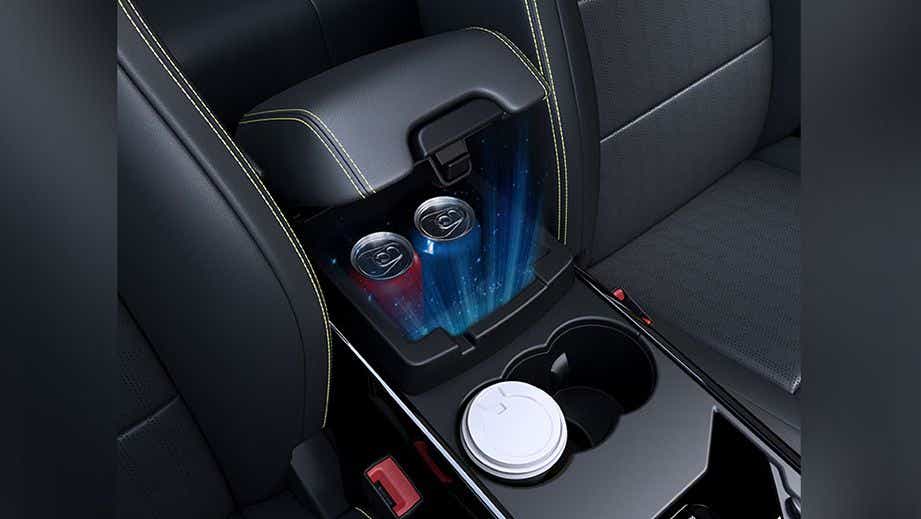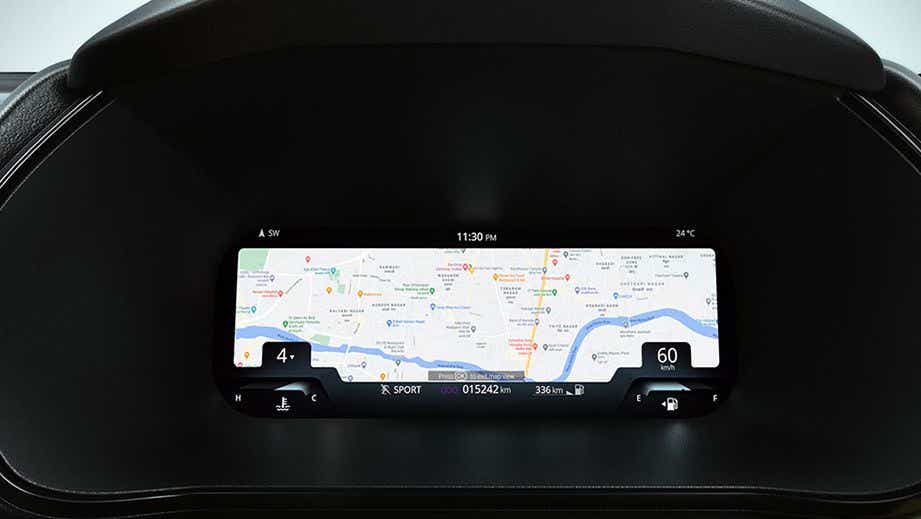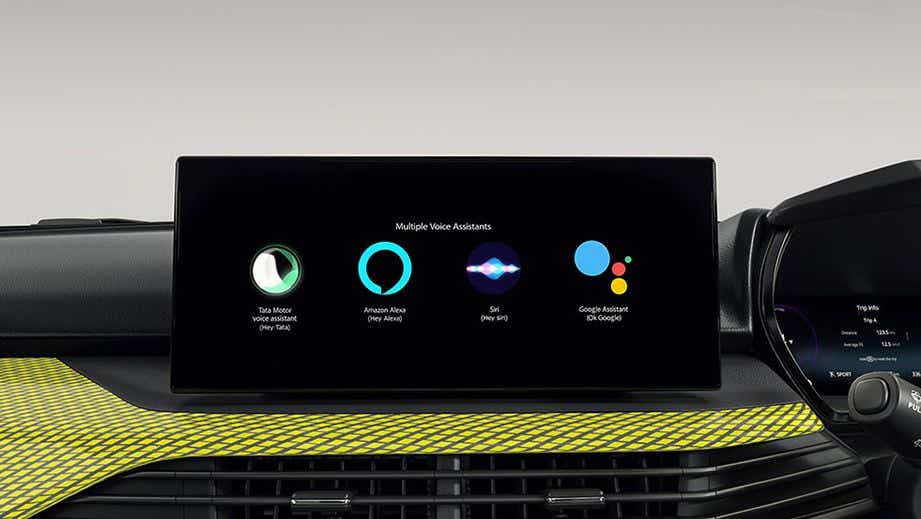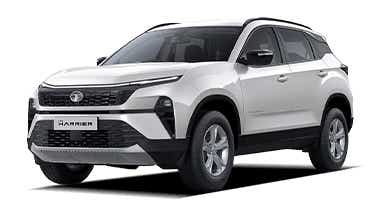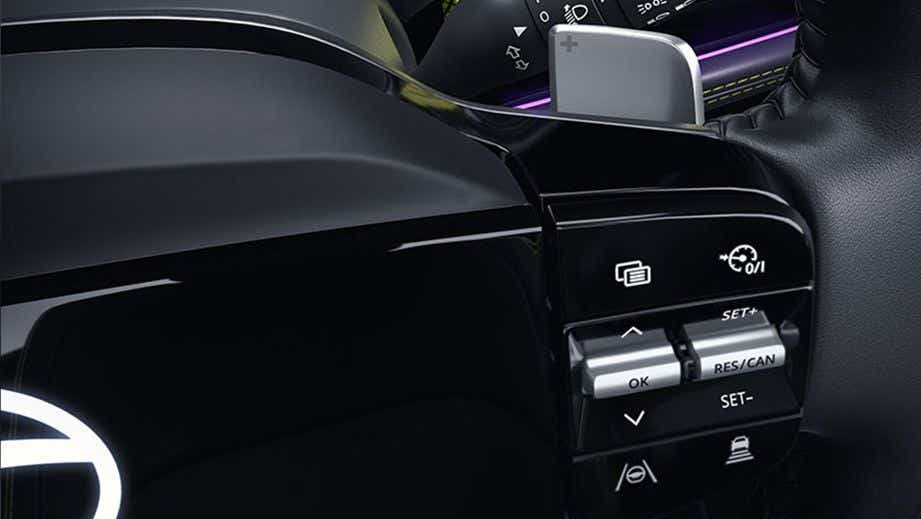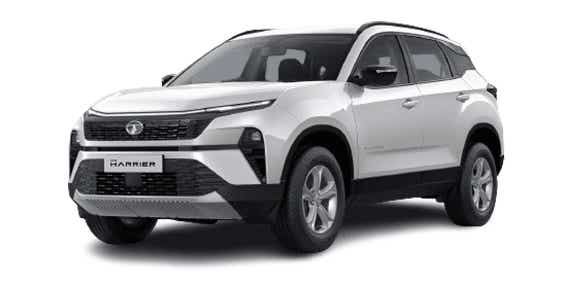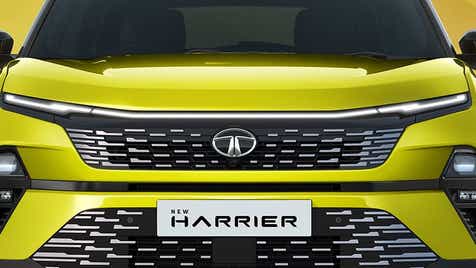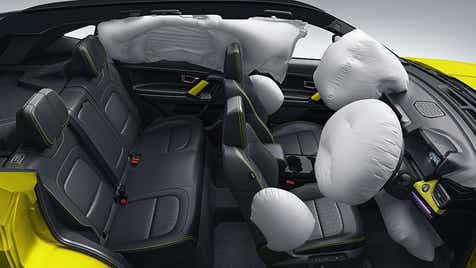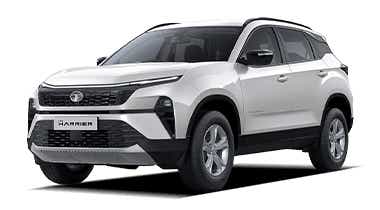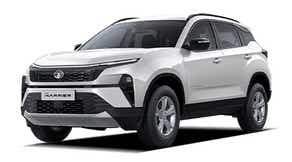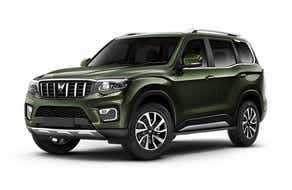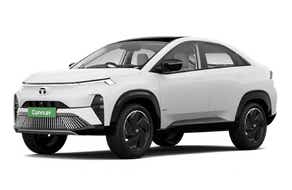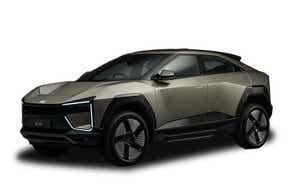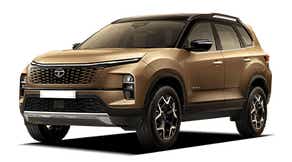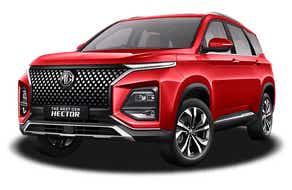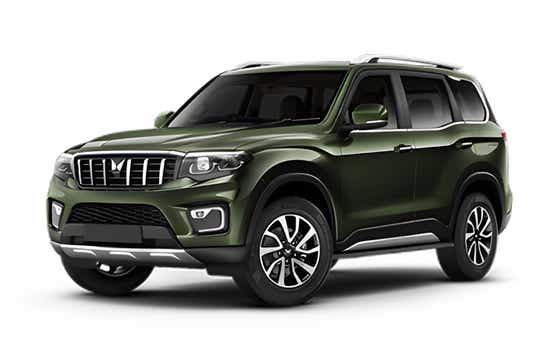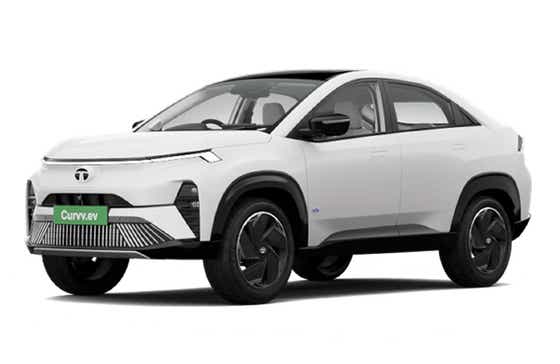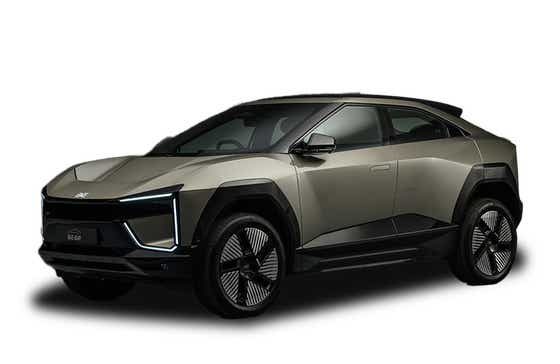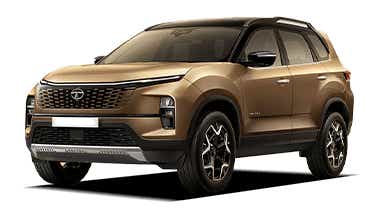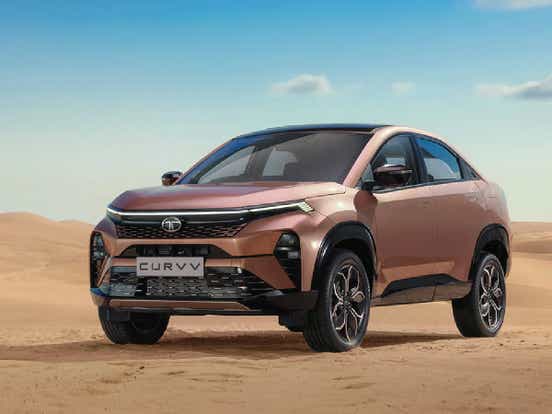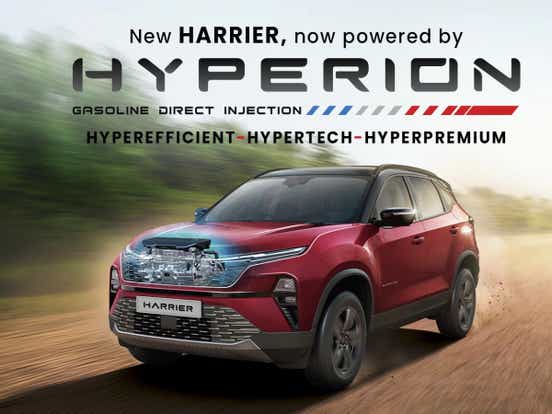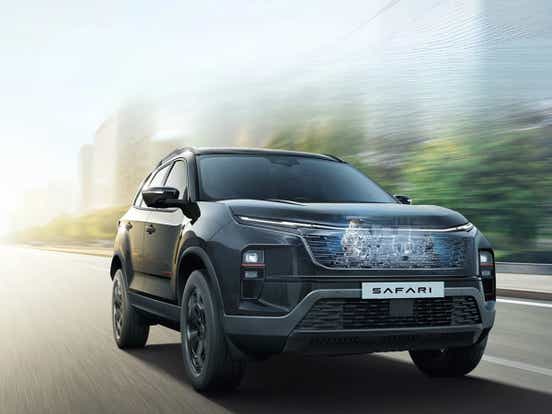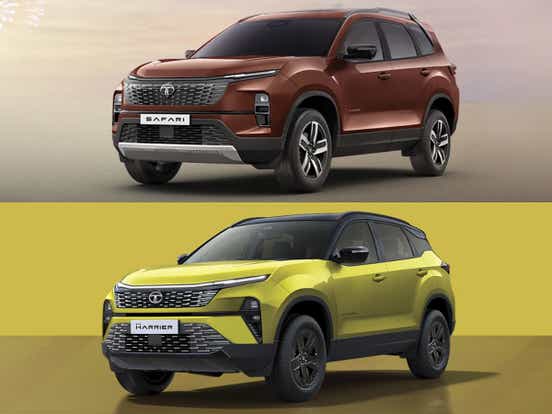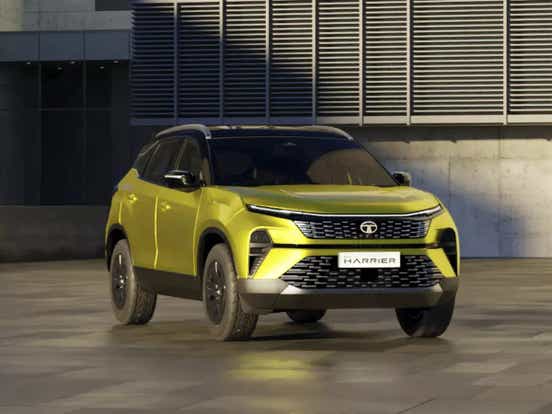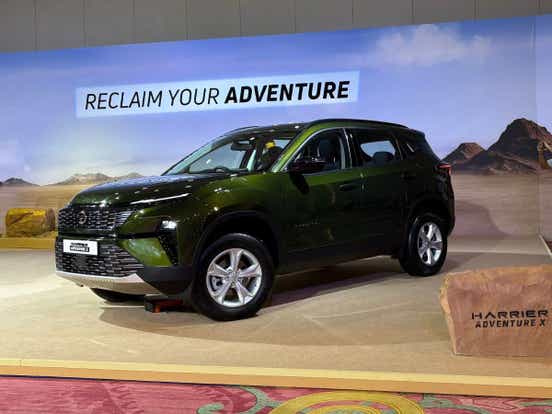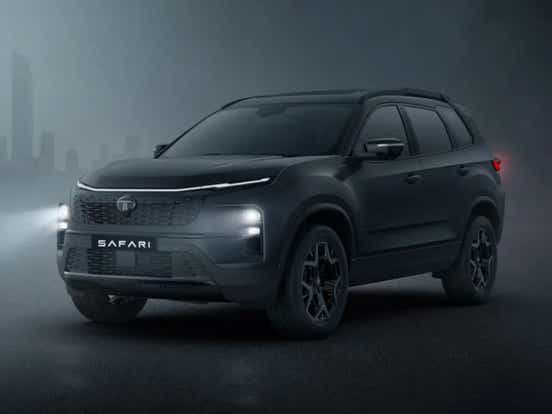Images of Tata Harrier
Harrier specifications
16.8 km/l
Manual, Automatic
SUV
Diesel
1956 cc
5
Harrier variants : price & spec cards
Reviews
Read Summary
Word in the market
Buy
94%
Neutral
6%
Don't Buy
0%
Write a review
Harrier mileage
The influencers' perspective
Sales spotlight: Harrier cruises into top ranks
Discover this standout car, currently ranked 22 on the Cars24 sales Leaderboard. With monthly sales of 2378 units, Harrier continues to impress with its combination of style and performance.Interested in buying?
Harrier last 6 months sales
Tata Harrier brochure
Download the Tata Harrier brochure for detailed specifications.
Caught in the act - Up close
Wheel to wheel comparison
Or add another cars to compare with
Parallel picks for you!
Newsroom
View all
Tata Harrier Price in India
The Tata Harrier price in India ranges between ₹15 lakh to ₹25.90 lakh (approx ex-showroom), depending on the variant. The Tata Harrier on-road price varies across different cities due to variations in RTO charges, insurance, and other taxes. Buyers can expect higher on-road prices in cities like Mumbai and Bengaluru, compared to other cities like New Delhi and Jaipur. The Harrier continues to be a popular choice in the mid-size SUV segment, offering a modern design, premium features, and a powerful diesel engine. It’s even high on safety with a 5-star rating from NCAP.
<p>The Tata Harrier diesel price in India ranges from ₹15 lakh to ₹25.90 lakh (ex-showroom). The Tata Harrier on-road price in Delhi varies between ₹17.5 lakh to ₹30 lakh, depending on the variant and additional charges. Powered by a 2.0L turbo diesel engine, it offers a strong performance with manual and automatic transmission options. The Harrier’s rugged build, premium features, and spacious cabin make it a compelling choice in the SUV segment. With its bold styling and advanced safety features, it remains a top contender among diesel SUVs in India.</p>
<p>The Tata Harrier mileage stands at 16.8 kmpl for both manual and automatic variants, as per ARAI testing. This ensures a balanced mix of power and fuel efficiency, making it a practical choice for long drives. The Tata Harrier automatic mileage remains the same as its manual counterpart, offering convenience without compromising efficiency. Its 2.0L turbo diesel engine delivers a strong performance while maintaining decent fuel economy. With its SUV stance and fuel-efficient nature, the Harrier remains a competitive option in its segment.</p>
<p>The Tata Harrier specs include a 1956 cc diesel engine, paired with 6-speed manual and automatic transmission options. It generates 170 PS of power and 350 Nm of torque, which ensures a pretty strong performance. The SUV delivers an ARAI-certified mileage of 16.8 kmpl, making it reasonably fuel-efficient for its segment. Designed as a 5-seater, the Harrier boasts dimensions of 4605 mm in length, 1922 mm in width, and has a 2741 mm wheelbase. Its ground clearance stands at 205 mm. The SUV has a boot space of 445-litres. </p>
<p>The Tata Harrier features a modern design, powerful Diesel engine, and tonnes of equipment. It comes with a 10.25-inch touchscreen infotainment system with Android Auto and Apple CarPlay, a fully digital instrument cluster, panoramic sunroof, wireless smartphone charger, ventilated seats, 6-way powered driver's seat and 4-way powered co-driver's seat, Multi-color ambient lighting, Gesture-enabled powered tailgate, Air purifier, Rain-sensing wipers, Automatic headlamps, Keyless entry and Rear parking sensors.</p>
<p>Safety is a highlight of the Harrier with the SUV scoring a full 5 stars a NCAP. Its safety suite includes as many as six airbags, Electronic Stability Program (ESP), auto headlamps, rain-sensing wipers, and height-adjustable seatbelts. Advanced safety features include ADAS features like lane departure warning and autonomous emergency braking. Additionally, the SUV gets hill hold control, hill descent control, and a 360-degree camera with parking sensors. </p>
<figure class="table"><table><tbody><tr><td><strong>Pros</strong></td><td><strong>Cons</strong></td></tr><tr><td>Bold and muscular design </td><td>No petrol engine option</td></tr><tr><td>Spacious cabin with premium features like panoramic sunroof</td><td>No AWD/4x4 option</td></tr><tr><td>5-star Global NCAP safety rating with ADAS features</td><td>Fuel efficiency could be better </td></tr></tbody></table></figure>
<p>The Tata Harrier competes with SUVs like the Mahindra XUV700, MG Hector, and Hyundai Creta. Compared to the XUV700, the Harrier lacks a petrol engine and AWD. The MG Hector provides a more tech-loaded cabin and a larger touchscreen, but the Harrier has better driving dynamics. The Hyundai Creta, though more affordable, is smaller and less powerful than the Harrier. The 5-star safety rating is another advantage the Harrier enjoys over rivals like MG Hector and Hyundai Creta. </p><p> </p><p>The Tata Harrier competes with the following SUVs in the Indian market. You can click on the links mentioned below to check out a one-to-one comparison between the Harrier and its rivals.</p><p> </p><p><a href="https://www.cars24.com/new-cars/compare-cars/mahindra-xuv700-vs-tata-harrier/">Tata Harrier vs Mahindra XUV 700</a></p><p><a href="https://www.cars24.com/new-cars/compare-cars/mg-hector-vs-tata-harrier/">Tata Harrier vs MG Hector</a></p><p><a href="https://www.cars24.com/new-cars/compare-cars/tata-harrier-vs-hyundai-creta/">Tata Harrier vs Hyundai Creta</a></p><p><a href="https://www.cars24.com/new-cars/compare-cars/kia-seltos-vs-tata-harrier/">Tata Harrier vs Kia Seltos</a></p><p><a href="https://www.cars24.com/new-cars/compare-cars/mahindra-scorpio-n-vs-tata-harrier/">Tata Harrier vs Mahindra Scorpio n</a></p><p><a href="https://www.cars24.com/new-cars/compare-cars/toyota-innova-crysta-vs-tata-harrier/">Tata Harrier vs Toyota Innova Crysta</a></p><p><a href="https://www.cars24.com/new-cars/compare-cars/maruti-suzuki-grand-vitara-vs-tata-harrier/">Tata Harrier vs Maruti Grand Vitara</a></p><p><a href="https://www.cars24.com/new-cars/compare-cars/tata-harrier-vs-hyundai-alcazar/">Tata Harrier vs Hyundai Alcazar</a></p><p><a href="https://www.cars24.com/new-cars/compare-cars/tata-safari-vs-tata-harrier/">Tata Harrier vs Tata Safari</a></p>
<p>The Harrier midsize SUV sees up to ₹1.2 lakh GST relief. The cut helps make this bold and roomy SUV better value for buyers wanting presence and comfort.</p>
<p>Waiting period for the new Tata Harrier, pushing your plan of buying a new car by months?</p><p>Don’t worry. Visit CARS24 and explore a curated range of quality-checked <a href="https://www.cars24.com/buy-used-tata-harrier-cars/">used Tata Harrier</a> and experience the joy of driving without the wait. Filter by your preferred budget, fuel or transmission requirements and unlock substantial savings today!</p>
Frequently asked questions
<p>The price of the Tata Harrier starts at ₹14.00 lakh (ex-showroom, New Delhi).</p>
<p>The length of the Tata Harrier is 4605 mm.</p>
<p>The Tata Harrier comes with a total of 5 doors.</p>
<p>The Tata Harrier come with a CNG option.</p>
<p>The Tata Harrier true come with a diesel option.</p>
What is the starting price of the automatic variant of the Tata Harrier?
<p>The starting price of the automatic variant of the Tata Harrier is ₹18.53 lakh (Ex-showroom, New Delhi).</p>
How many color options are available for the Tata Harrier, and what are they?
<p>The Tata Harrier is available in 7 color options, including Lunar White, Seaweed Green, Pebble Grey, Oberon Black, Sunlit Yellow, Coral Red, Ash Grey.</p>
What is the Tata Harrier diesel mileage range?
<p>The Tata Harrier diesel mileage range is 16.8 km/l.</p>
What is the diesel fuel tank capacity of the Tata Harrier?
<p>The diesel fuel tank capacity of the Tata Harrier is 50 liters.</p>


